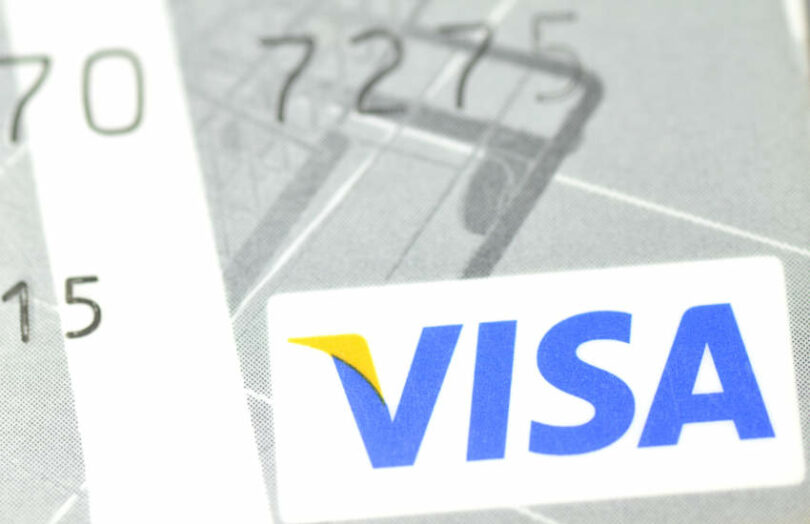Yesterday Visa published a thought leader article on automating blockchain payments where digital currency is held in a self-custodial wallet. Recurring payments are more straightforward if the cryptocurrency is held in custody because the owner can instruct the custodian to execute the payments similar to a bank account. However, for self-custodied wallets, the Ethereum blockchain requires a private key to make a payment.
An analogy in banking is if you set up a recurring payment with a debit or credit card but had to enter the card security or verification code every time a payment is made. That’s not practical for recurring payments.
At the same time, the concept of a public blockchain sending payments without your permission is startling. However, the solution is relatively simple: getting you to approve a list of recipients, so you don’t end up paying some random person. Visa refers to it as a new type of account contract, a delegable account.
Ethereum has an improvement proposal called account abstraction (AA) that does something similar but has yet to be implemented. Visa’s methodology is implemented on the StarkNet layer 2 blockchain scaling solution.
Meanwhile, Visa has been active for years in the blockchain and crypto spaces and launched a crypto advisory practice last year. It provides payment cards for numerous crypto exchanges and is involved in NFT art for the FIFA World Cup with the Crypto.com exchange.
On the central bank digital currency front, it has won awards in two major CBDC challenges in Singapore and Hong Kong and is also active in Brazil’s CBDC trials. Given its CBDC work uses Ethereum technology, it could also be considering these automated payments for CBDC applications. Two years ago, it proposed a solution for offline CBDC payments.






